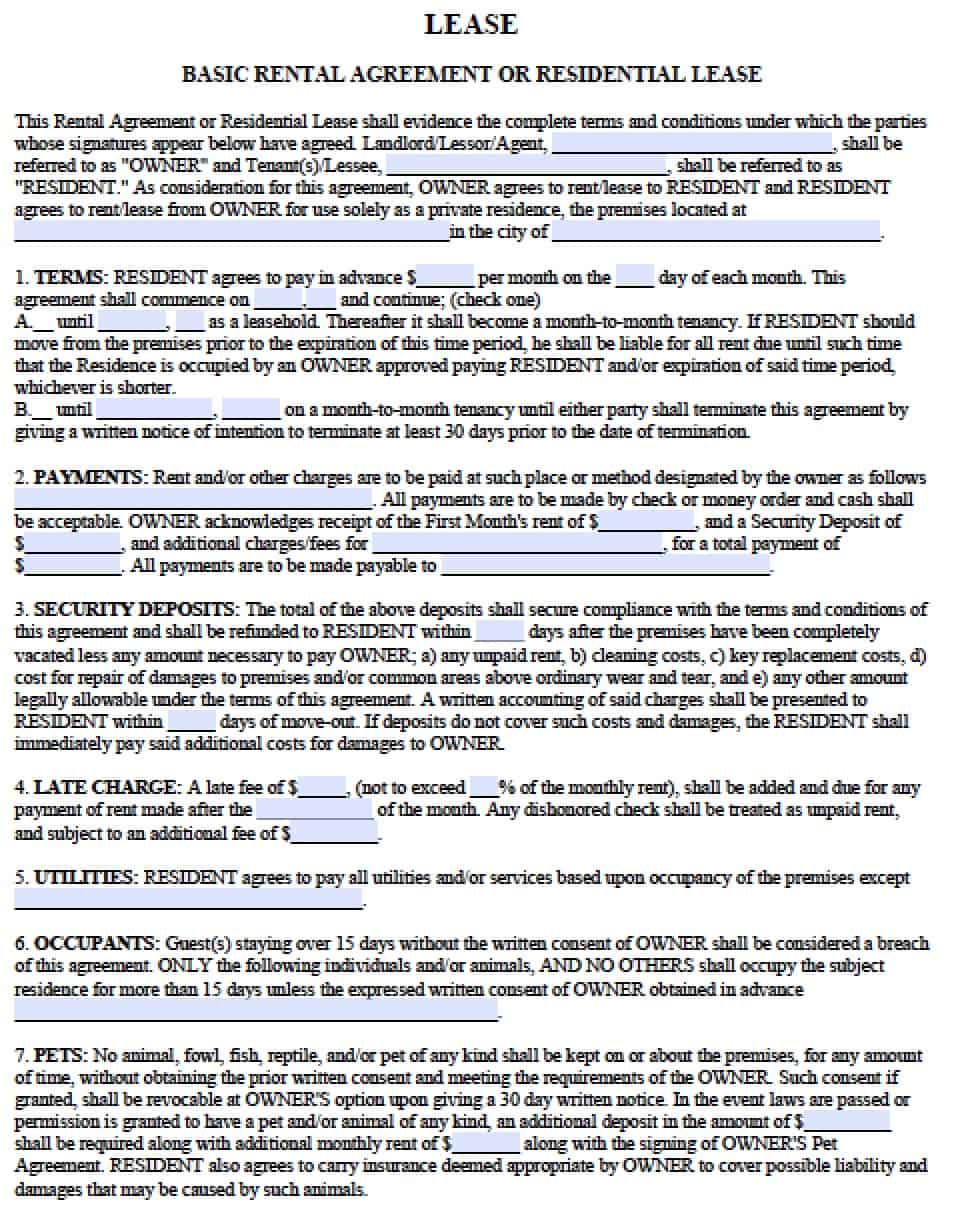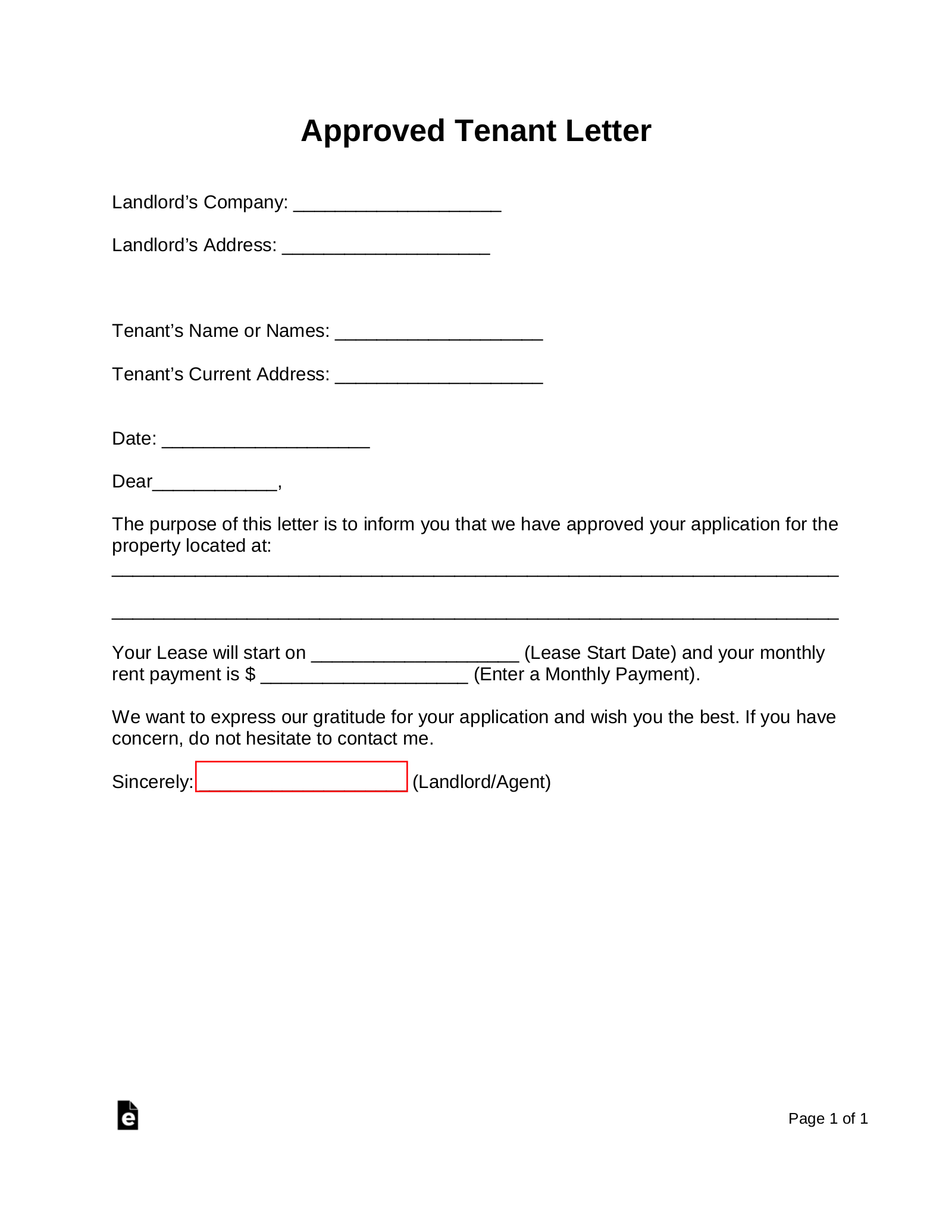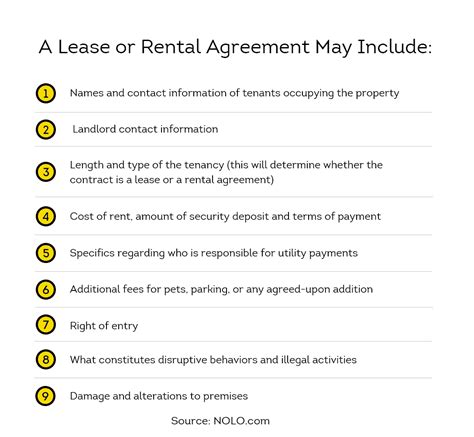Rental applications are a crucial step in the process of finding a new place to call home. While they may seem like a mere formality, rental applications can have significant legal implications. In some cases, a rental application can be considered binding, which means that the applicant is committing to renting the property. Here, we will explore five ways in which a rental application can be binding.
What is a Binding Rental Application?
A binding rental application is an agreement between the landlord and the tenant that commits the tenant to renting the property. This type of application is usually signed by the tenant and includes a statement indicating that the tenant is willing to rent the property if their application is approved.

1. Signature and Acceptance
One way a rental application can be binding is if the tenant signs the application and indicates their acceptance of the terms and conditions. This signature is a representation that the tenant has read and understood the terms of the rental agreement and is willing to be bound by them. If the landlord approves the application, the tenant is expected to sign a lease agreement that outlines the terms and conditions of the rental.
Understanding the Fine Print
It is essential for tenants to carefully review the rental application and understand the terms and conditions before signing. This includes reading the fine print, asking questions, and seeking clarification on any points that are unclear.

2. Payment of Fees
Another way a rental application can be binding is if the tenant pays a fee, such as an application fee or a security deposit. This payment is usually non-refundable and is considered a commitment by the tenant to rent the property. If the landlord approves the application, the tenant is expected to sign a lease agreement and move forward with the rental.
Understanding Fees and Deposits
It is crucial for tenants to understand what fees and deposits are required and what they cover. This includes knowing whether the fees are refundable or non-refundable and what the terms and conditions are for returning the security deposit.

3. Lease Agreement
A rental application can also be binding if it includes a lease agreement that outlines the terms and conditions of the rental. This lease agreement is usually signed by the tenant and the landlord and is considered a binding contract. If the tenant signs the lease agreement, they are committing to renting the property for the specified term.
Understanding Lease Agreements
It is essential for tenants to carefully review the lease agreement and understand the terms and conditions before signing. This includes reading the fine print, asking questions, and seeking clarification on any points that are unclear.

4. Move-In Date
A rental application can also be binding if it includes a move-in date. This move-in date is usually specified in the lease agreement and is considered a commitment by the tenant to rent the property. If the tenant fails to move in on the specified date, they may be liable for damages or penalties.
Understanding Move-In Dates
It is crucial for tenants to carefully review the lease agreement and understand the move-in date before signing. This includes knowing what the terms and conditions are for changing the move-in date and what the consequences are for failing to move in on time.

5. Conditional Approval
Finally, a rental application can be binding if it is conditionally approved by the landlord. This means that the landlord has approved the application, but the tenant must meet certain conditions before the rental is finalized. If the tenant fails to meet these conditions, the rental application may be considered null and void.
Understanding Conditional Approval
It is essential for tenants to carefully review the rental application and understand the terms and conditions of the conditional approval before signing. This includes knowing what the conditions are and what the consequences are for failing to meet them.

Gallery of Rental Applications:






FAQ Section:
What is a binding rental application?
+A binding rental application is an agreement between the landlord and the tenant that commits the tenant to renting the property.
What are the consequences of failing to meet the conditions of a conditional approval?
+If the tenant fails to meet the conditions of a conditional approval, the rental application may be considered null and void.
Can a rental application be binding if it includes a lease agreement?
+Yes, a rental application can be binding if it includes a lease agreement that outlines the terms and conditions of the rental.
